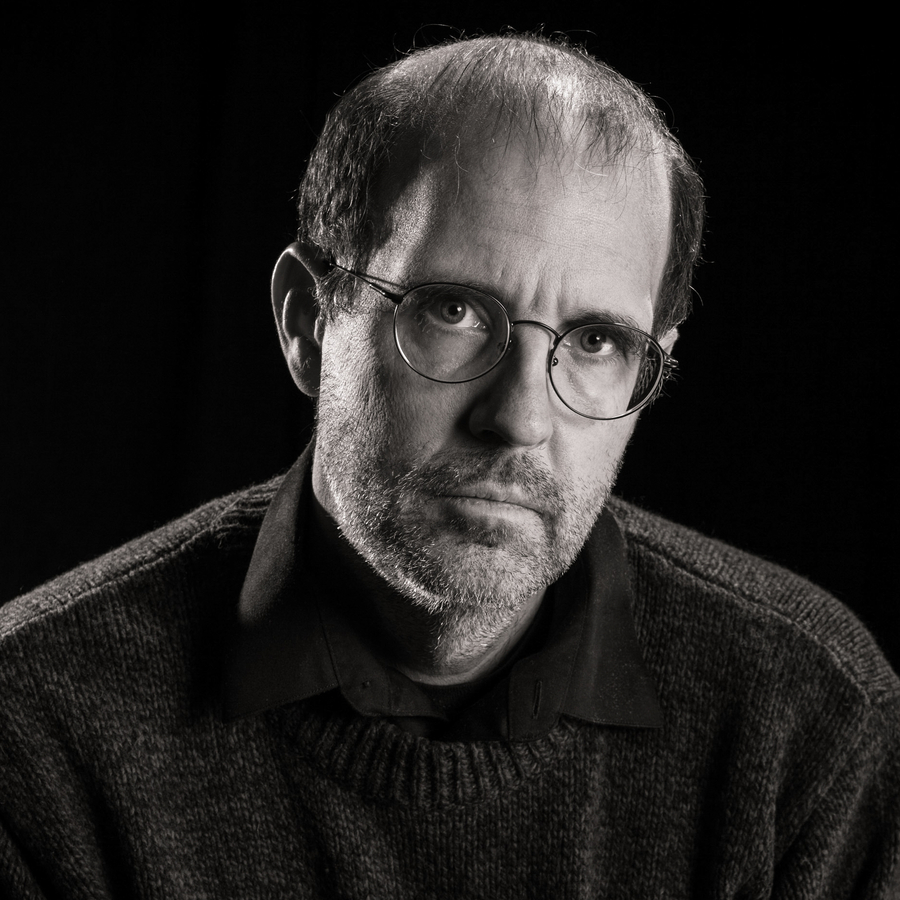Leader and Chairman of Shincheonji Church Man Hee Lee has been denied bail after being arrested on July 31st. New information about the investigation and criteria for bail have been brought to light as the case unfolds.
GWACHEON, KOREA, October 24, 2020 /Neptune100/ — Leader and Chairman Man Hee Lee of Shincheonji Church in South Korea submitted documents on September 23rd to request release on bail while awaiting trial in Suwon detention center. 90-year-old Lee was arrested July 31st for allegedly violating the Infectious Disease Prevention Act after an investigation was conducted in the church that found about 5,000 members tested positive for COVID-19.
The COVID-19 outbreak in Shincheonji Church was brought to light when unknowingly infected and asymptomatic Patient 31 attended a worship service with other church members. The outbreak triggered the Korean government to launch an investigation, reportedly requesting lists of all 300,000 of its members, including those in abroad churches. Upon receiving the lists, officials claimed they were falsified and therefore interfered with proper investigation.
After an additional tax probe into the church, Korean officials eventually found that they had not falsified the lists. During this time, Shincheonji also reportedly held one of the largest convalescent plasma donation drives to help develop a COVID-19 vaccine by collecting plasma from over 1,000 recovered members. Despite this, Chairman Lee was arrested for interfering with the investigation and other charges found during the tax probe, such as not obtaining city permits for events held in 2015 and using church funds to build a retreat center for global peace work. Since the arrest, Chairman Lee has been detained and has been denied permission to leave even for medical care. Reports mention that Lee’s cell contains no bed or chair even though he is 90 years old.
Due to Lee’s age and the circumstances surrounding the arrest and detainment, many people have looked into Korean crime laws to understand the typical time of detainment for cases like this.
According to Article 188 of the Korean Criminal Procedure Act, the investigation of suspects should be conducted without physical detention unless for specific reasons. Reasons for detainment are: the defendant has no fixed residence, the defendant is feared to destroy evidence, or the defendant is feared to flee. Lee’s legal team expressed that the prosecution had already obtained vast amounts of data (evidence) during several raids, that Lee would not flee because of his social position and that he had a clear residence. Also mentioned was his age of 90 and that he is unable to sit on the floor because of previous back surgeries.
Other Korean laws which mention “prolonged arrest”, or the time between arrest and trial, specify that it should last no more than 30 days. Once the defendant is indicted and / or prosecuted, the court can extend the prolonged arrest up to 6 months as the trial progresses.
Instances of posted and allowed bail in Korea and in other parts of the world draw questions to the Shincheonji case. Speculation has risen regarding the Korean government’s handling of the investigation, the subsequent tax probe, and the detainment of Lee without bail despite him seemingly meeting the criteria. Public hearings are currently underway for Lee and Shincheonji has reportedly continued to prohibit in-person church meetings since the initial outbreak.




